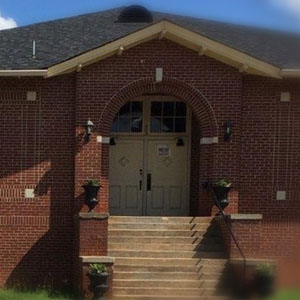About

Stories of desegregation often focus on the urban schools that were in the spotlight thanks to their media coverage or the conflicts surrounding them, from Little Rock to Boston. Much less attention is paid to schools in rural communities, outside the media glare.
In addition, the period before integration is often neglected, or discussed solely in terms of its deprivation, neglecting the worlds created by highly motivated and caring teachers, many of whom were terminated by white authorities during the integration process. Indeed, because of the exclusion of blacks from so many professions, many of the most highly educated African-Americans across the country entered the classroom as educators. Interviews with the students and teachers of the segregated African-American high school in rural Fairfield County, South Carolina, help to shed light not just on the experience of race and exclusion, but also on the texture of daily life in one of these caring communities.
The thirty-six interviewees in this collection describe community, family, educational experiences, and race relations in Winnsboro, Ridgeway, Simpson and surrounding areas of Fairfield County, South Carolina. Interviewers asked about parents and grandparents, livelihoods and traditions, segregation and integration, and memories of Fairfield High School, among other recollections of daily life.
The majority of interviews were conducted by students in Dr. Doyle Stevick’s graduate class (EDLP 807). Two interviews were conducted by Andrea L’Hommedieu, director of the Department of Oral History, who worked with the class to record, preserve and give access to the collection.
Interviews include a sound recording, summary, and full transcript of the interview, allowing multiple ways to access the collection.
Click here to visit the online exhibit featuring photographs and more
